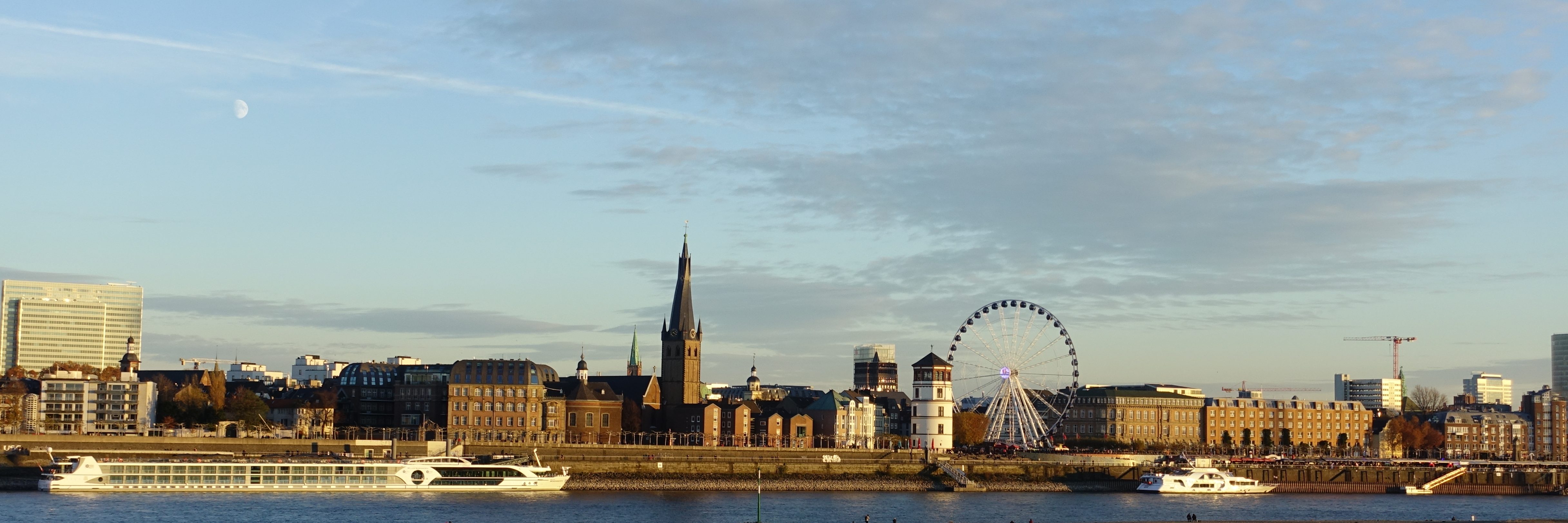
Theodore Gottlieb, the subject of 'To My Great Chagrin', was born in 1906 in Düsseldorf, to parents who each came from wealthy families. The family industry was fashion publishing, and they circulated among the highest circles of inter-war society. Albert Einstein was a frequent guest of the family, and a favorite chess opponent of the precocious young Theodore. Theodore completed Gymnasium, visited the University of Cologne, and became something of a man-about-town. Judaism seems to have meant little to the Gottlieb family until the mid-1930s, when it suddenly became overwhelmingly important. The family moved to Vienna in 1938, hoping to escape the Nazis, but as Gottlieb puts it, Hitler 'followed him to Austria.'
Gottlieb was imprisoned at Dachau concentration camp, and forced to sign over his inheritance rights to his family's wealth in return for being allowed to leave the camp. Gottlieb had been promised that the paperwork he had signed would permit his family to live unmolested, but instead they were all deported and murdered by the Nazis. After Gottlieb's release, he lived in Switzerland for a while, before Einstein helped arrange the complex paperwork that permitted him to emigration to the United States. He eventually settled in California, penniless and with a much younger bride (Else Gabriel). To make ends meet, he worked as a janitor at Stanford University and hustled chess.
During the late 1940s, he tried to establish a career in Hollywood, acting in a few obscure B-films and Orson Welles' 'The Stranger.' Yet it was as a monologist that be really began to make his mark. Theodore's act was a combination of mad scientist and nihilist metaphysician. In his German accent, he would launch himself into paragraph-long, spittle-flecked tirades ending in a crescendo of shrieking, arm-waving, desk-clearing mayhem. Or he would begin fingering his face as if it were a strange rock, or stare intently at one audience member, and deliver the monologue directly to him (or, more frequently, her). His topics ranged from 'non-existence, advisability of' to 'death, welcome relief provided by' (his gravestone reads: 'As long as there is death, there is hope') via 'teeth, unhealthy obsession with' and 'God, probable non-existence of; if existing, depraved nature of.'
Californians didn't know what to make of this literate Mitteleuropäer with his peculiar brand of Weltschmerz-cabaret (he called it 'stand-up tragedy'), so Theodore moved to New York City, where the bohemian life beckoned. His only marriage dissolved in the late 1940s, and Theodore set about enjoying the company of young female admirers, which his old-world charm won him in droves. He was fondly adopted by the Beats, and seems never to have had much problem getting invitations to perform, even appearing on early television shows with the likes of Steve Allen and Jerry Lewis. Woody Allen hired him to play the Commissar in his early play 'Don't Drink the Water', but he proved too erratic for regular stage work. Nevertheless, Allen seems to have kept up a life-long friendship with Theodore. Despite attempts, Theodore never broke into the mainstream, although his legendary appearances on David Letterman ensured him a cult following that lasted until his death in 2001, at the age of 94.
'To My Great Chagrin' is a documentary every bit as distinctive and disorienting as its subject. Director Jeff Sumerel eschews the trappings of ordinary documentaries, such as on-screen talking-heads interviews and timelines of dates and facts. All of the voices from Theodore's friends and colleagues (including Dick Cavett, Eric Bogosian, and Woody Allen) come from offscreen, and are not introduced or identified in any way. The focus is relentlessly on Brother Theodore (as he began calling himself in the 1950s): he dominates almost every frame of this hour-long documentary. When he himself is not onscreen, a puppet — inhabiting an odd, sepia-toned brothers-Quayish dressing room — 'narrates' interviews conducted with Gottlieb. It's a bit disconcerting at first, hearing a mournful-looking puppet answer questions in Gottlieb's voice , but it doesn't take long before you understand the dream-logic of it all. The movie itself a litmus test: If you're the sort of person who 'got' Brother Theodore, you will instinctively understand why it would be too safe and too predictable to describe him in a conventional, fact-driven, linear documentary. If not, not.
'To my Great Chagrin' is as funny as the man himself (one commentator compares his wit to Dorothy Parker's) and unexpectedly touching. Gottlieb seems to have spent his life between two stools, as the German saying goes. In fact, many more than two stools. He understood the comic potential of his German accent and peculiar habits in America, but had too much dignity to fully exploit the Mitteleuropäisch mad-scientist, crazy-philosopher shtick. He was capable of saying spectacularly funny things, but never wanted to be seen as truckling to his audience. He craved mainstream success in Hollywood horror films, but was either unwilling or unable to work in a team. Finally, Theodore had the deep aversion to confessional self-revelation typical of the European educated elite — Lenny Bruce once advised him to talk about the Holocaust during his act, whereupon Gottlieb told Bruce to stop using profanities — yet his entire act consisted of sublimated references to his experience of alienation, rootlessness, and senseless death. The overall impression is of a man whose profound sense of identification with the values and the Weltanschauung of Europe frustrated his intermittent twinges of longing to adapt to life in America. He died alone, but not friendless.
'To My Great Chagrin' is available for a 'donation' of $20, which you can make here. The DVD is rather bare-bones (it contains only the film), but the producers have promised more features and bonuses as resources allow. So keep the Paypal donations coming!


